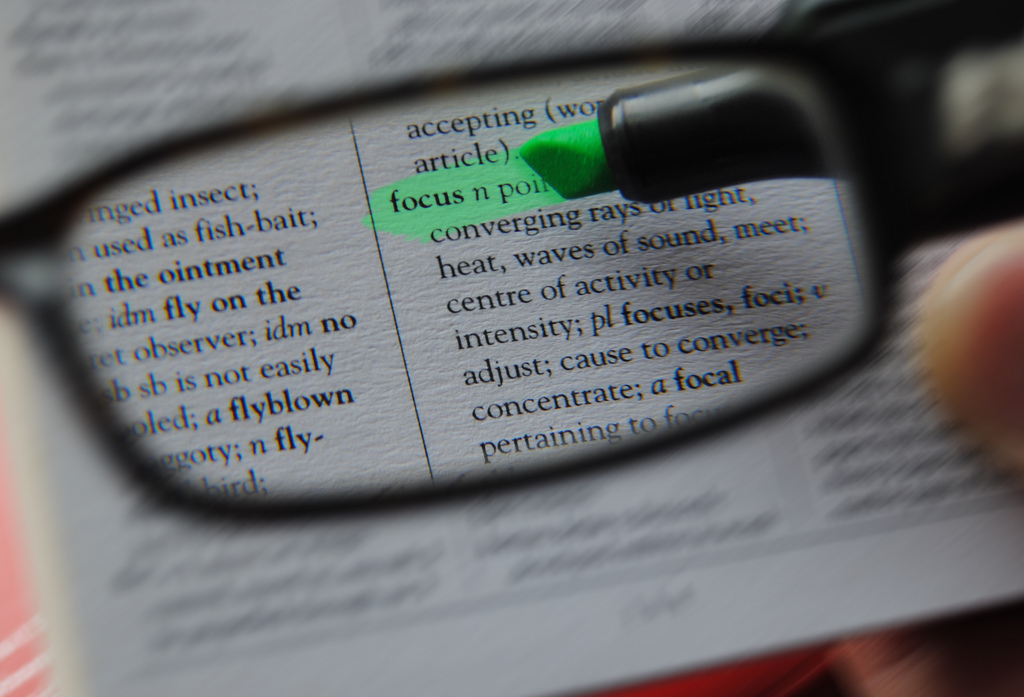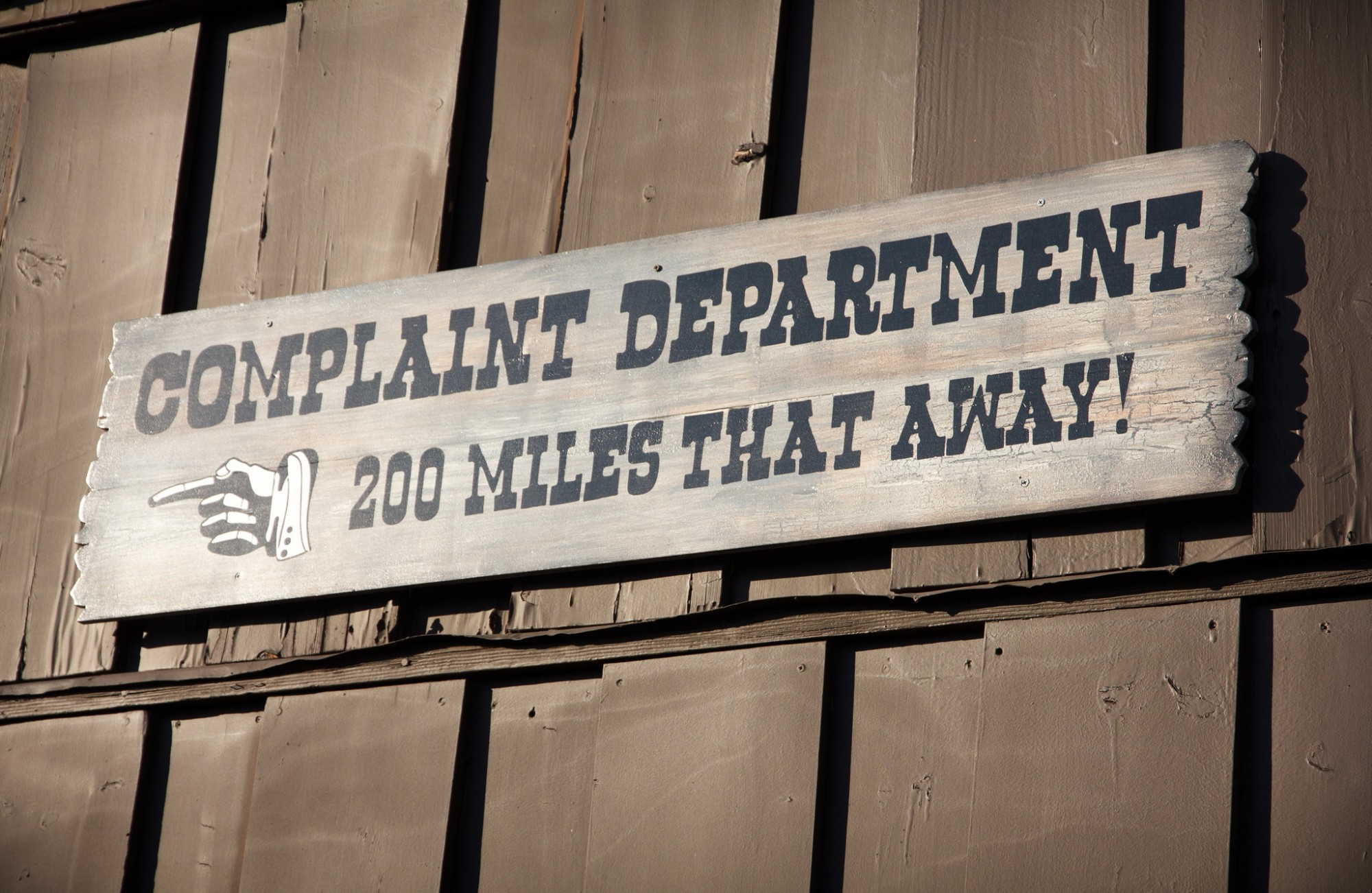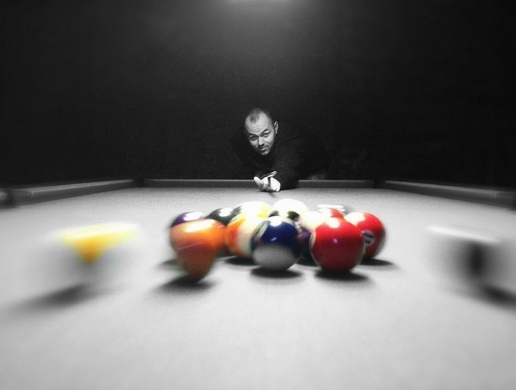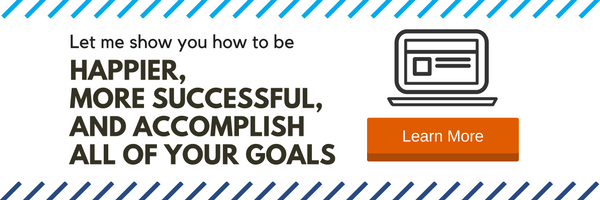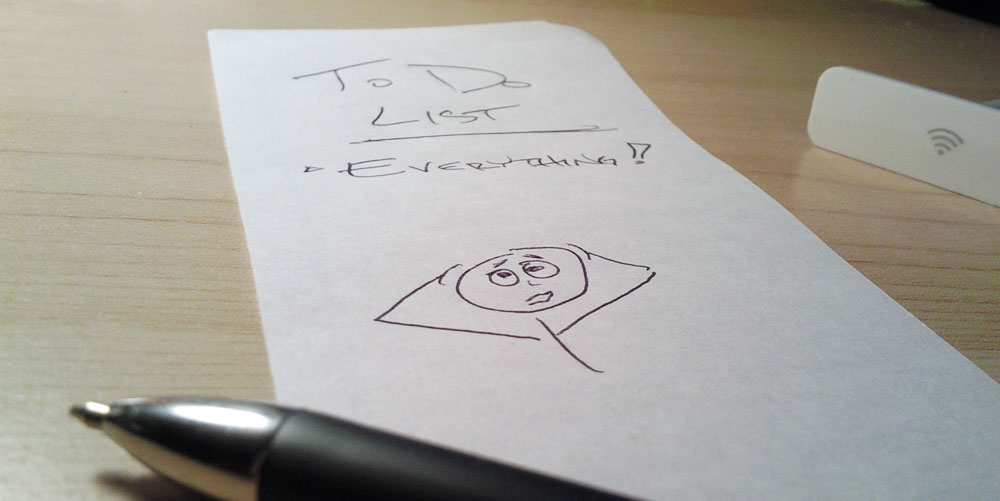In his awesome book The Organized Mind, cognitive neuroscientist Daniel Levitin has quantified how overwhelmed by information the poor human brain is:
“In 2011, Americans took in five times as much information every day as they did in 1986–the equivalent of 175 newspapers. During our leisure time, not counting work, each of us processes 34 gigabytes or 100,000 words every day.”
How do we deal with this overwhelming amount of stuff and information? We multitask.
But multi-tasking is the enemy of focus. It stresses us out and prevents us from doing our most meaningful work. The human brain did not evolve to focus on many things at once; it evolved to focus on one thing at a time. And so the brain does not ever actually multitask. It can’t run multiple apps at any one time; it can only switch rapidly between tasks. This rapid switching is a giant energy drain for your brain.
When we just focus on one task at a time, we’re actually more productive in the long run, and we’re less exhausted at the end of the day. This is because multitasking exhausts more energy and time than single-tasking does.
The first and most important step to finding flow is to build yourself a fortress against interruption, so that you can single-task instead of multitask. If you can’t concentrate, you can’t be in your sweet spot. Period.
This week, find a way to single task — to just focus on one thing, without interruption.
Join the Discussion: What do you need to do so that you are able to really focus on one thing at a time?
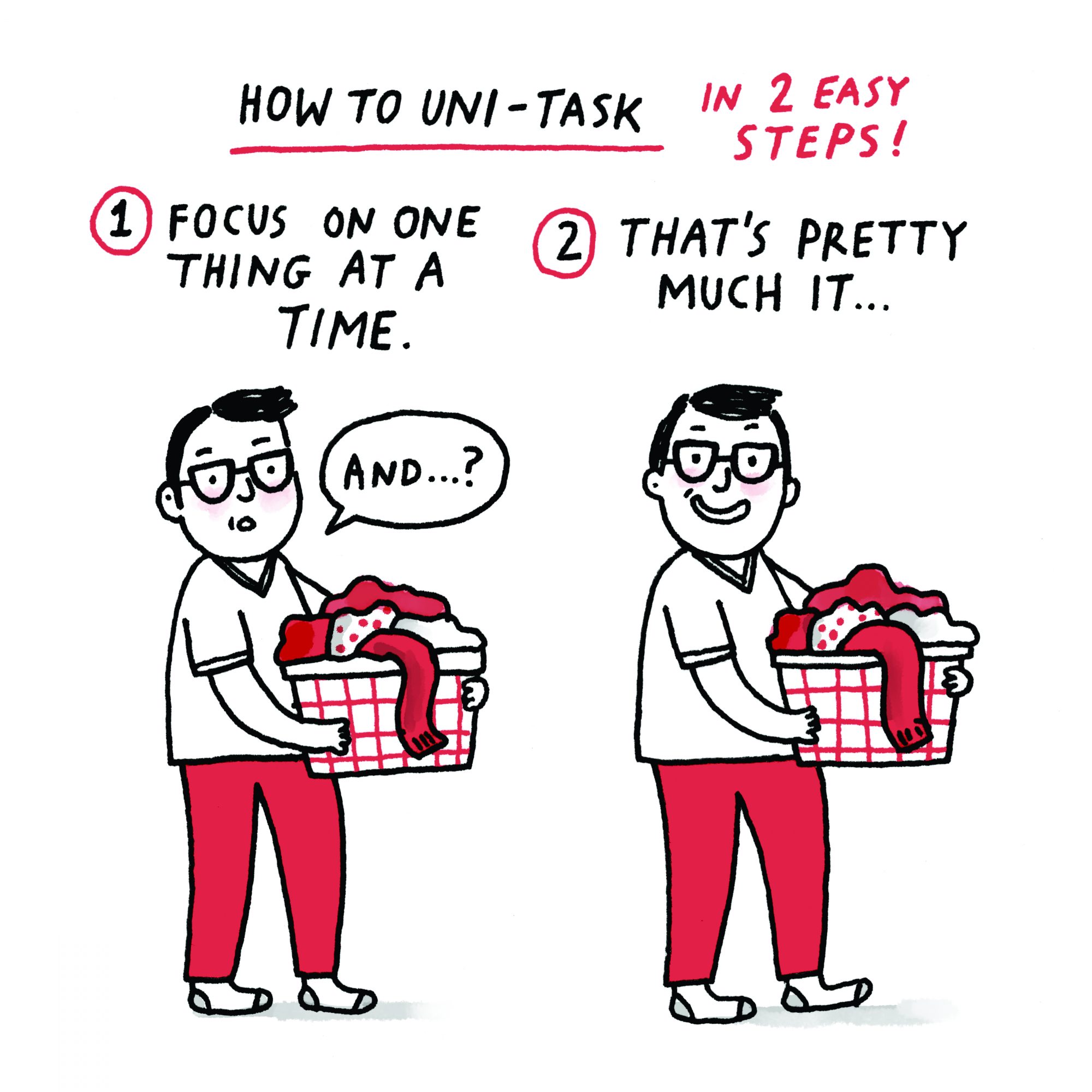 Photo courtesy of Mark Hunter.
Photo courtesy of Mark Hunter.
To dramatically decrease overwhelm, you need to put an end to your multi-tasking ways. Need help?
Check out my latest eCourse: The Science of Finding Flow. If you pre-order this eCourse now, you’ll get a FREE hardcover copy of my book The Sweet Spot!
Click here to learn more or to enroll in The Science of Finding Flow!

